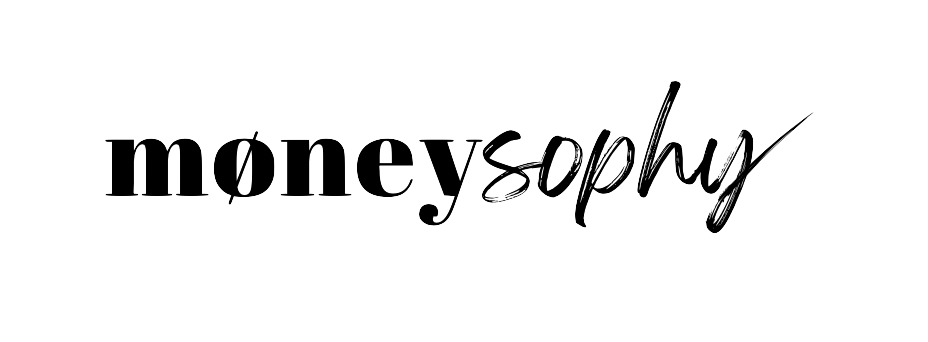Reframing your past into growth
Reading time: 4 minutes
Hi there,
Have you ever wondered how different your financial life might be if you’d learned about money management earlier, whether in school or from your parents?
Let me introduce one of my friends’ example, let’s call her Adeline.
For the past 15 years since graduating, she has lived paycheck-to-paycheck. Despite having a 6-figure salary and a supportive partner (with no dependents), Adeline has always struggled with her finances. In fact, last year, she had to take out a personal loan to cover an “unexpected” tax bill.
Adeline shyly admitted to me she always avoids dealing with her finances. Just the thought of checking her bank account makes her anxious, like a wave of panic hits her: she feels a weight pressing down on her chest, can’t breathe properly, and her throat tightens up.
Somehow, Adeline still dreams of financial independence and an early retirement, but the road to change feels impossible to her.
So, let me ask you, if you have to take a guess, why do you think Adeline can’t change?
1. Understanding the past
Hypothesis 1: Maybe you think it’s because Adeline has always struggled with math (she actually failed it in high school).
Hypothesis 2: Perhaps you believe she was never taught how to manage her expenses, create a budget, or never had the opportunity to think about her finances.
Hypothesis 3: Or maybe you think she was too spoiled by her parents, after all, Adeline didn’t have any student loan, her parents paid for everything!
Hypothesis 4: Or you suspect her parents were also very bad with finances, so inevitably, she “inherited” from bad role models.
Whatever the reasons, do you believe Adeline’s past defines her?
Does it make it hard, or even impossible, for her to change her financial behaviours?
2. Living in the present
In Adlerian psychology, simply knowing our past doesn’t solve our problems.
We often think our past traumas shape our futures, but that doesn’t have to be the case.
Sure, our experiences influence us, but they don’t have to dictate our paths.
Instead, we have the power to rewrite our stories and choose how we respond to life’s challenges. This mindset encourages us to view our past not as a series of limitations but as opportunities for growth.
So back to Adeline’s problem: what if we flipped that narrative?
What if I tell you it’s because she does NOT want to get better with money?
What if I tell you it’s because she choose to stay in financial difficulty?
By avoiding money talks, she has chosen to put herself in a position of financial stress, falling deeper into debt, reaching a point of rock bottom so that she is able to convince herself that being “bad” with money is just who she is.
Crazy, right?
3. Does it mean we should ignore our past?
Well, if you are the type to not take responsibility, and use your past trauma as an excuse becomes a barrier rather than a pathway for change, maybe it’s not worth exploring for you.
But if you think that understanding your past can help you forgive yourself and move forward, then by all means, explore those feelings.
So, how can we reframe those past experiences?
As a financial coach, I always like to provide an easy concrete action plan you can implement right after reading.
Remember, our history doesn’t have to dictate our future. It’s really about the meaning we give those experiences that shapes how we behave today.
In financial terms, this means examining how past financial experiences, such as childhood lessons about money or previous financial failures, affect current attitudes towards spending, saving, and investing.
To do so, here it’s how you can start thinking about your relationship with money:
Step 1: Brain dump your money thoughts
Take a moment to reflect on your own money story.
What do you tell yourself about money?
Do thoughts like “I’ll never have enough” or “Money is the root of all evil” pop into your head?Step 2: Link your money beliefs with your money actions
Challenge those thoughts!
Consider how they influence your spending habits or investment decisions.
Do you current actions resonate with your thoughts?
By ‘not managing your finances’ fulfil your thought of “I’ll never have enough”?
To go further, read the full three-step exercises in the article here to explore your money beliefs.
Build your financial confidence to use your past as an opportunity for growth!
Sophie
PS: On Monday, I’ll go further into Adlerian psychology, and share how all money problems are in fact related to interpersonal relationship problems.
PSS: Feel free to comment or reply this email to share your money thoughts!


